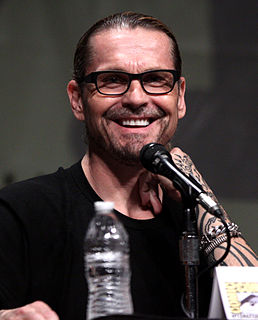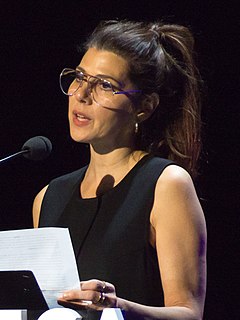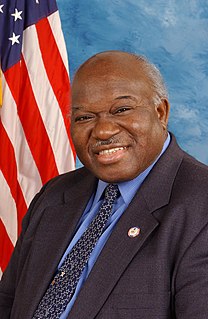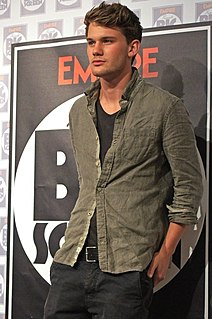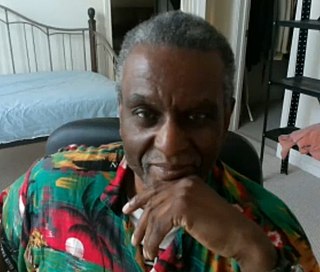A Quote by Ava DuVernay
Oh gosh, I'm completely allergic to historical dramas. Particularly those around the civil-rights movement. It's not my favorite thing to watch. So often they feel like medicine. Or not even a history lesson, because I really like history. Just... obligatory.
Related Quotes
Up until, really, Roosevelt, African-Americans largely voted ninety per cent Republican. That was the political origins, that's what their political voice was in the Republican party. During that history, that last sixty or seventy years of history, the Republican party effectively walked away from the community. They were afraid to really embrace civil rights even though they embraced civil rights legislation. And so it's not enough to just to put it on paper, you gotta actually show up and be in the community, and understand what that struggle was really about.
When I speak to students about the Civil Rights Movement, I say that it is impossible to stop a determined movement that is captivating the American consciousness. I think the candidacy of Sen. Obama represents the beginning of a new movement in American political history that began in the hearts and minds of the people of this nation. And I want to be on the side of the people, on the side of the spirit of history.
Particularly black Americans, many of them, from quotes that I have seen and conversations I've had, are sort of insulted that the civil rights movement is being hijacked - the rhetoric of the civil rights movement is being hijacked for something like same sex marriage. Black Americans tend to have a higher degree of religiosity.
It's not often that you get to read something that just feels very original for a star but also something that feels like it's more than just a movie or entertainment. Even though the riots were one of the most pivotal riots in civil rights history, especially for the LGBT community, I knew surprisingly very little about them. You don't learn about Stonewall in schools. It's a bit gross really! So it certainly felt like something that was quite important.
In less than a century we experienced great movement. The youth movement! The labor movement! The civil rights movement! The peace movement! The solidarity movement! The women's movement! The disability movement! The disarmament movement! The gay rights movement! The environmental movement! Movement! Transformation! Is there any reason to believe we are done?


